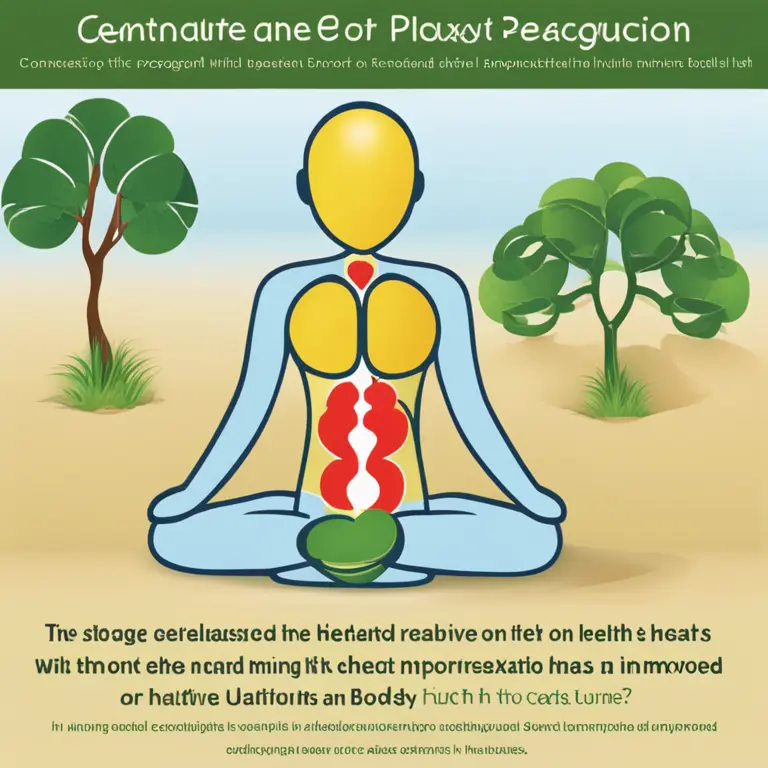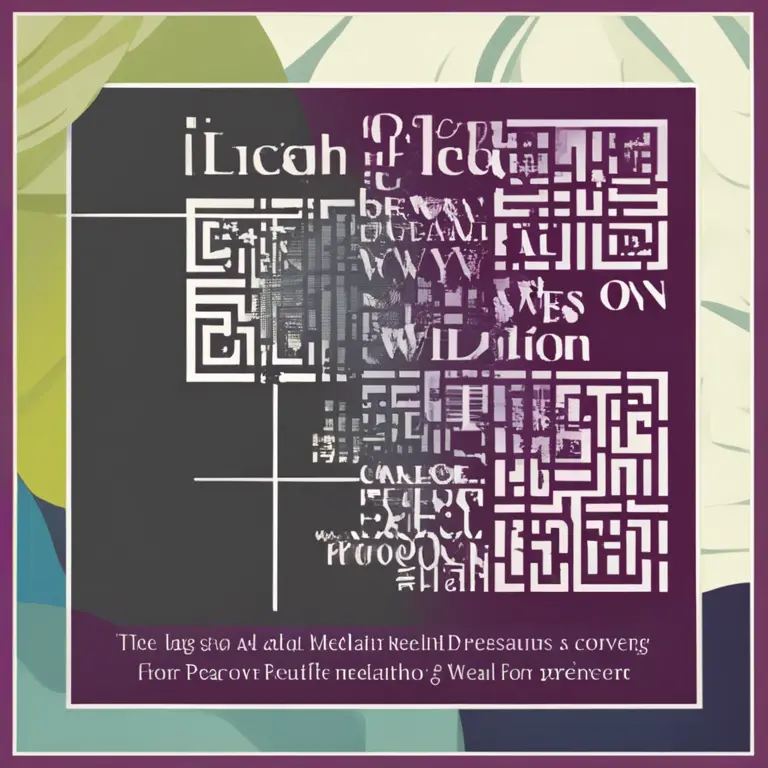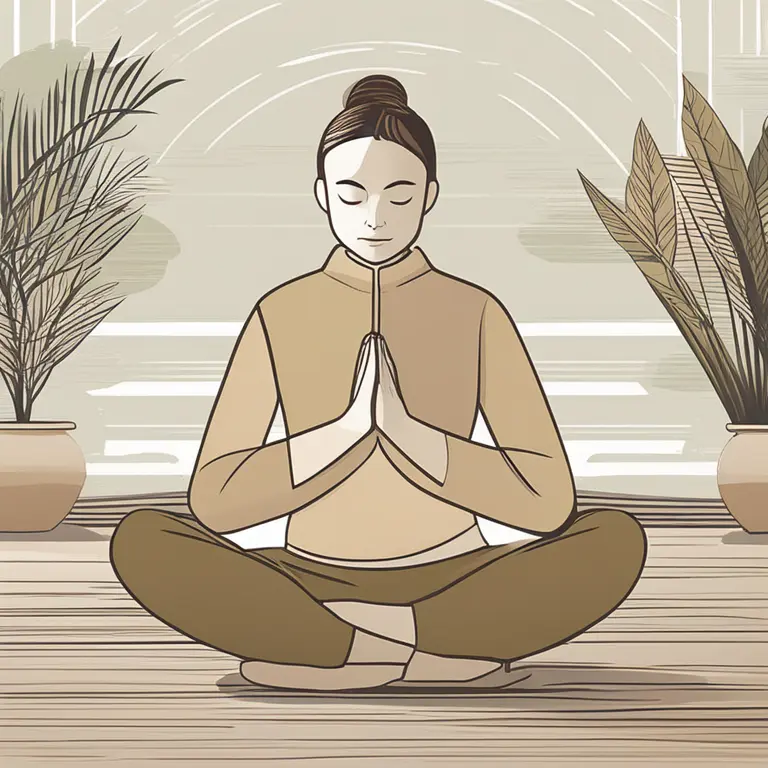
Meditation Techniques to Lower Blood Pressure
Discover calming meditation practices for managing hypertension and promoting heart health.
article by Hina Kurosawa
Introduction to Meditation and Blood Pressure
Meditation has long been regarded as a powerful tool to promote relaxation and reduce stress. In recent years, scientific research has provided evidence that certain meditation techniques may also play a role in lowering high blood pressure, which is a significant health concern worldwide. Hypertension, if left unmanaged, can lead to serious cardiovascular issues. In this article, we’ll discuss several meditation methods that can help mitigate this risk, potentially improving overall well-being and heart health.

Understanding the Heart-Mind Connection
It's essential to comprehend the intimate connection between the mind and body, particularly concerning cardiovascular health. Stress and anxiety can trigger the release of adrenaline and cortisol, which in turn can increase heart rate and constrict blood vessels, leading to elevated blood pressure. By addressing stress through meditation, we can foster a state of relaxation, causing the heart to beat slower and more gently, and thus, naturally reduce blood pressure to healthier levels.

Starting With Breathing Exercises
One of the easiest ways to dive into meditation is through focused breathing exercises. Deep and rhythmic breathing can activate the parasympathetic nervous system, which helps counteract the body's stress response. Techniques such as diaphragmatic breathing, where one breathes deeply into the belly rather than the chest, can serve as a simple yet effective starting point for those new to meditation. Taking regular, slow breaths can lower heart rate and promote a sense of calm.

Mindfulness Meditation for Awareness
Mindfulness meditation teaches practitioners to remain present and aware without judgment. By focusing on the present moment and observing thoughts and sensations without reacting to them, individuals can achieve a state of calm that extends beyond the meditation session. Regular practice of mindfulness has been associated with reductions in stress and anxiety, which can help in managing high blood pressure.

Guided Imagery and Visualization
Guided imagery is a relaxing technique in which you visualize calm and peaceful settings. This form of meditation can dramatically reduce stress levels by shifting the practitioner's focus away from stressors and towards serene thoughts. With guided visualization, one can lower the body's stress response and, consequently, blood pressure. Many find this type of meditation particularly accessible, as it involves listening to an instructor's prompts or following a pre-recorded script.
Yoga and Its Dual Benefits
Yoga, an ancient practice that blends physical postures with meditation and controlled breathing, can also be beneficial for lowering blood pressure. The gentle stretching and mindfulness associated with yoga have a dual effect of relieving tension and promoting relaxation. Research has suggested that consistent yoga practice can lead to significant reductions in blood pressure levels, making it a valuable addition to a holistic approach to hypertension management.
Utilizing Progressive Muscle Relaxation
Progressive Muscle Relaxation (PMR) is a technique that involves tensing and then relaxing different muscle groups in a systematic fashion. This exercise helps in identifying and releasing physical tension that may contribute to high blood pressure. The relaxation response elicited by PMR can reduce the stress hormones in the body, in turn helping to control blood pressure.
Consistency and Lifestyle Integration
For meditation to effectively lower blood pressure, it must be practiced consistently. Incorporating any of these techniques into a daily routine can lead to gradual and sustained improvements in cardiovascular health. Additionally, these practices should be integrated with other healthy lifestyle choices, such as a balanced diet and regular physical activity, for optimal results.
Published: 2/12/2024
Modified: 2/12/2024
More predictions
Come back here soon to learn more about yourself and your future


The Serenity of Meditation Music: An Ethereal Journey
Discover how meditation music can enhance your spiritual practices, support stress relief, and align with astrological energies for a harmonious life.


Meditation Explored: 10 Cutting-Edge Discoveries
Meditation, an age-old practice, has been undergoing a modern renaissance, with science diving deep into its mysteries. As researchers explore its intricacies, they continue to unveil fascinating facts that bridge ancient wisdom with contemporary discoveries.


The Impact of Meditation
Delve into the heart of meditation and its profound impact on mind, body, and spirit in our fast-paced world.